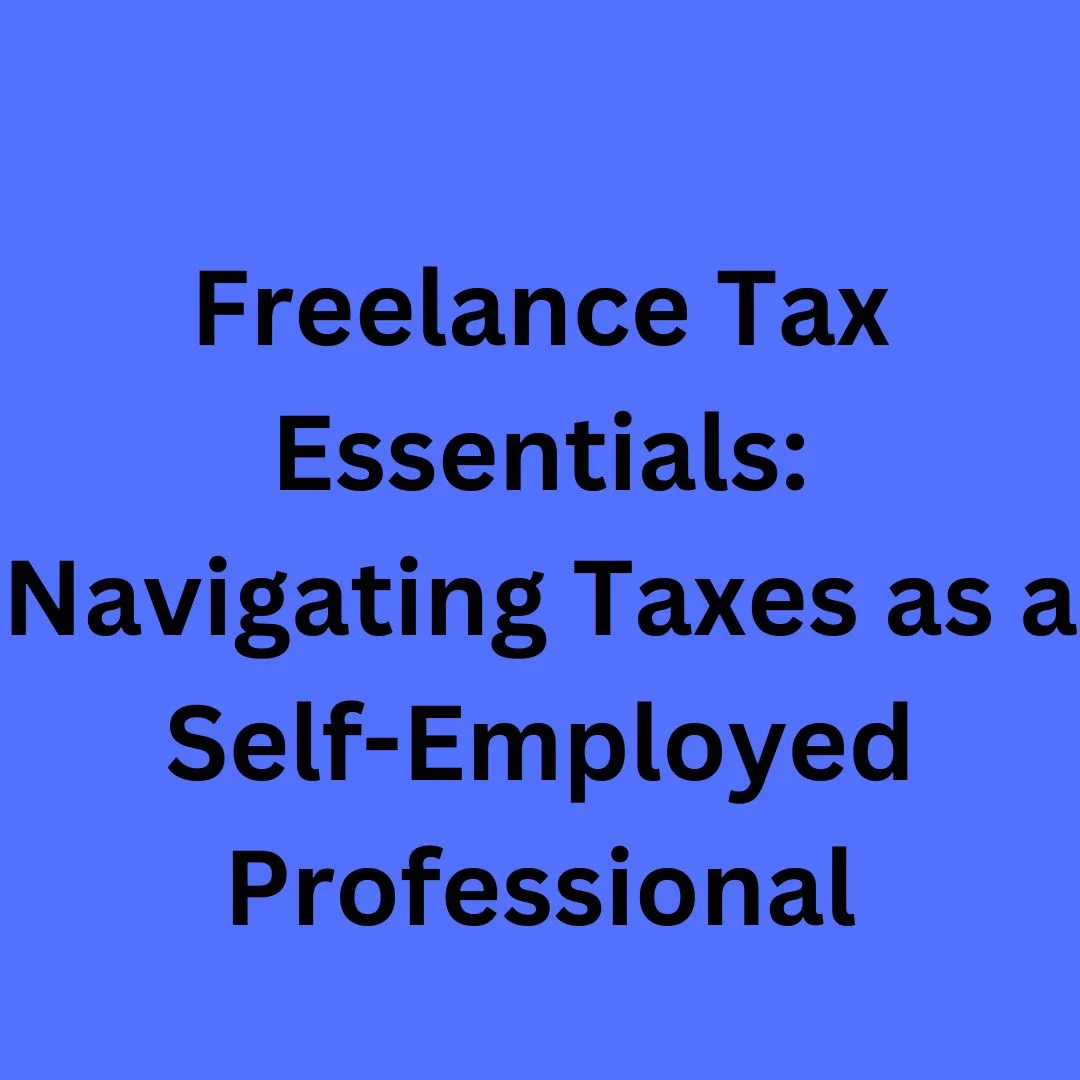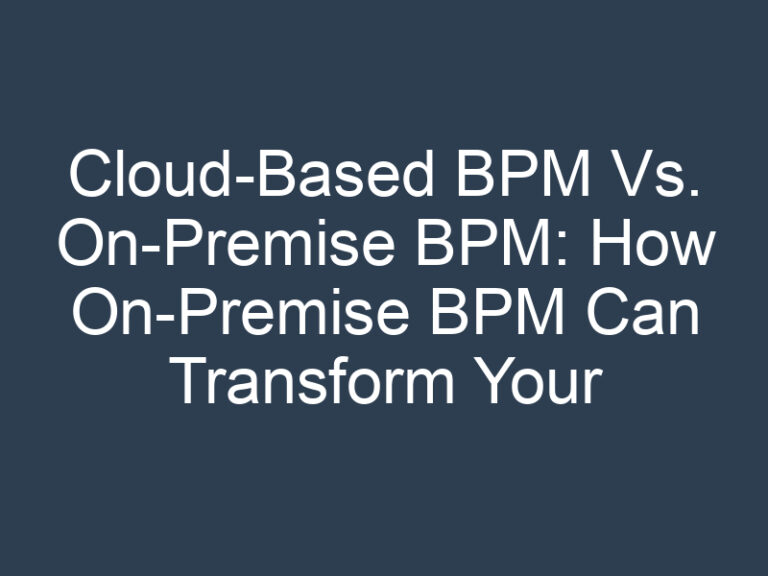Freelance Tax Essentials: Navigating Taxes as a Self-Employed Professional
Introduction
As a freelancer what is the first thing that concerns you a lot? Well, most od you must be thinking about getting clients and ensuring that you have regular flow of work. Well, there is no doubt that this is one of the primary aims to focus on, but there is still more that you need to address. Its the financial planning as a freelancer.
No matter, if you are a beginner or a polished freelancer, all needs to manage their finances and ensure that the taxes are paid on time to avoid penalty. But as a self-employed, planning taxes is the first stage that you need to address. So, in this article let us explore what all thing you need to do to navigate the taxes as a freelancer or self-employed professional in India.
Why Tax Planning Is Important For A Freelancer?
As a freelancer, there are various reasons due to which you would need to plan the tax pre-hand. The main reasons due to which tax planning is very important for a freelancer are as follows:
- Regulatory Compliance
The first and foremost reason is adhering to the law. Tax evasion can lead to penalties, interest charges, and even legal ramifications. As a freelancer, you are solely responsible for meeting your tax obligations, unlike salaried employees who often have their taxes deducted at source by their employers.
- Cash Flow Management
Tax planning can help you manage your cash flows better. By knowing your tax liability well in advance, you can set aside the necessary funds to meet your obligations, preventing any last-minute panic.
- Optimizing Tax Liability
Good tax planning allows you to take advantage of various deductions and benefits that can minimize your tax liability. From claiming deductions on business expenses to utilizing tax-saving investment options, there are several ways to optimize your tax obligations.
- Peace of Mind
Having a well-laid tax plan can give you peace of mind. It’s one less thing to worry about, allowing you to focus more on growing your freelance business. Also, this will help you to manage your time and work both effectively.
How Can You Navigate Taxes As A Self-Employed Professional?
Navigating taxes as a self-employed professional can often feel like a daunting labyrinth. But fear not—by understanding key tax principles and employing effective financial strategies, you can navigate this complex landscape with greater confidence.
When you are looking to navigate the taxes as a self-employed, here are a few things that you should need to focus on:
- Keep Accurate Records
Accurate and detailed bookkeeping is crucial for a freelancer. Not only does it simplify the tax filing process, but it also provides the necessary documentation for claiming business-related deductions.
- Know Your Tax Deadlines
The general deadline for filing individual income tax returns is July 31st of the assessment year. Missing this deadline can result in penalties, so being vigilant about dates is essential.
- Take Advantage of Deductions
Familiarize yourself with available tax deductions, such as those for business expenses, equipment, or travel. By claiming these deductions, you can significantly reduce your taxable income, leading to lower tax liability.
- Get the Right Identification Numbers
Before you can file taxes in India, you need to obtain a Permanent Account Number (PAN). In addition to this, freelancers offering goods or services must also register for Goods and Services Tax (GST). Both are critical for legal financial operations in India.
- Consult a Tax Professional
Navigating through tax laws can be complex, especially for freelancers who have multiple income streams. A specialized tax advisor can offer tailored guidance and ensure you remain compliant while optimizing your tax liability.
By adhering to these five fundamental guidelines, freelancers can more effectively manage their tax obligations and financial responsibilities
Conclusion
Navigating the tax landscape as a freelancer in India is certainly challenging, but not insurmountable. Keeping accurate records, being aware of tax deadlines, claiming eligible deductions, and consulting a tax professional can make this task more manageable. Platforms like ZoopUp not only connect freelancers with clients but can also aid in financial tracking, thus simplifying your tax obligations. By adhering to these principles, you can focus more on your freelance work and less on financial worries.
FAQs
What is the deadline for filing income tax returns for freelancers in India?
In India, freelancers usually have to file their income tax returns by July 31st for the income earned during the previous financial year, which runs from April 1st to March 31st.
What kinds of expenses can freelancers deduct from their taxes in India?
Freelancers can deduct various business-related expenses to lower their taxable income. These can include but are not limited to, costs of equipment, software subscriptions, business-related travel, and even certain utility bills if you maintain a home office.
How can ZoopUp help freelancers with their financial management and tax planning?
ZoopUp provides a platform that connects freelancers with potential clients, offering not only a source of income but also a structured work environment. This structure can make it easier for freelancers to keep track of their earnings and expenses, thereby simplifying the tax preparation process.







